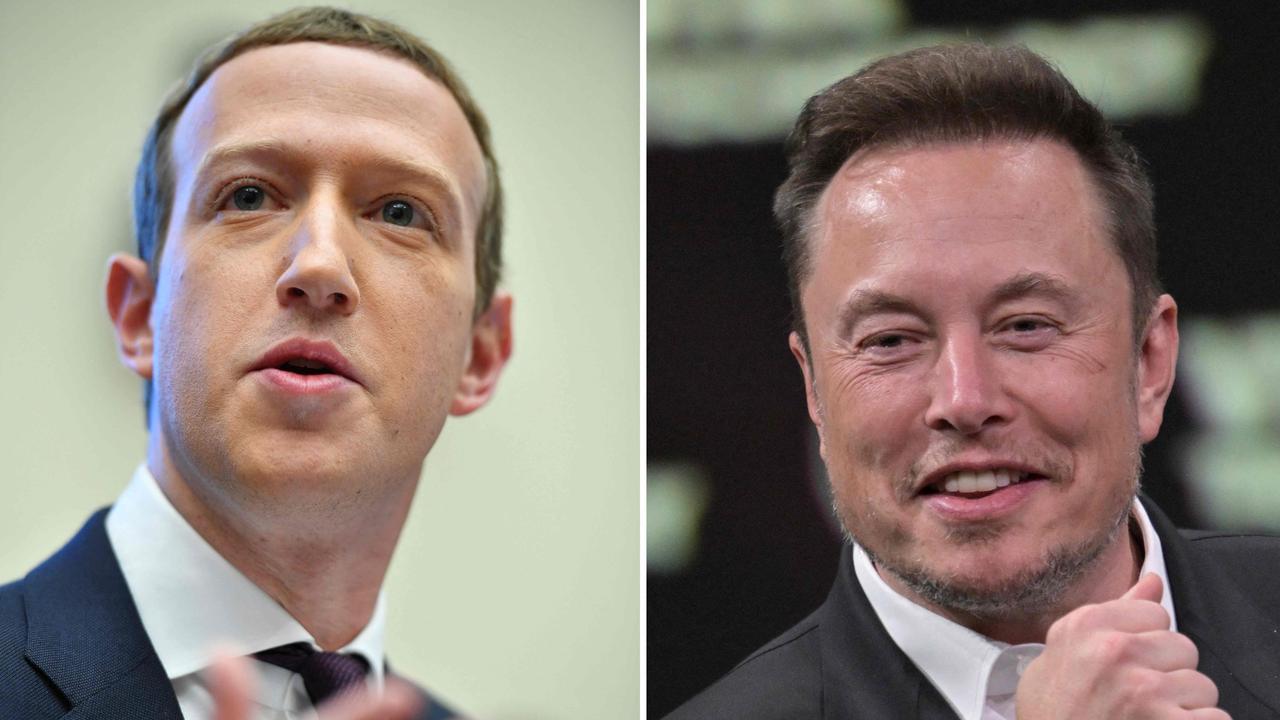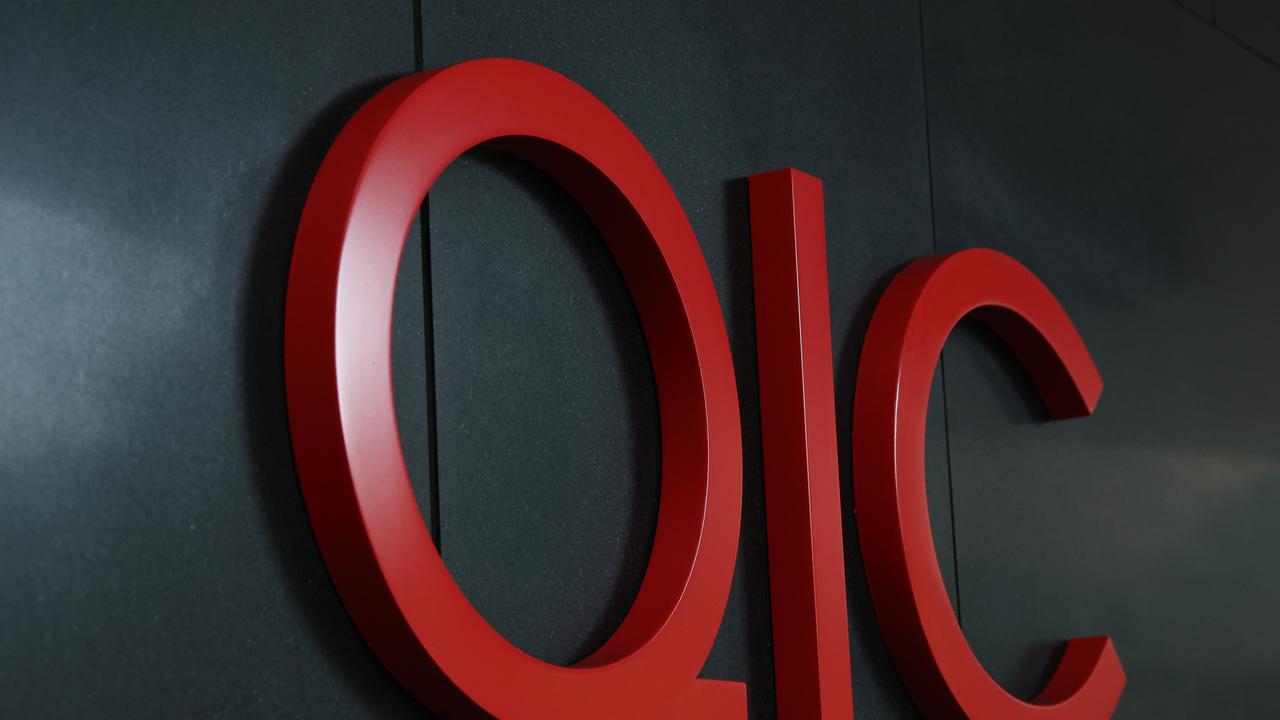Acciona boss José Manuel Entrecanales on nuclear energy and climate change
One of Europe’s biggest green energy investors with huge projects in Australia says it is unlikely we will be able to ‘go all the way’ with renewables.
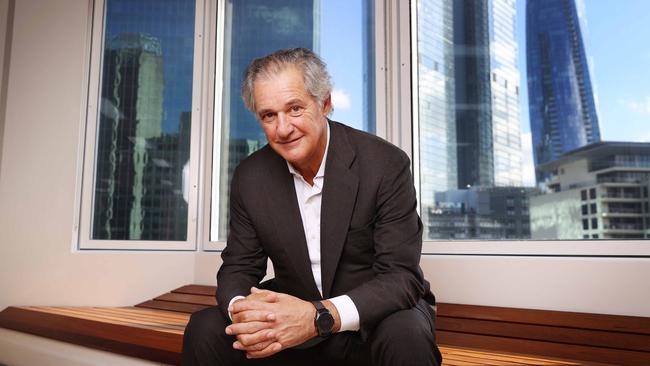
Business
Don't miss out on the headlines from Business. Followed categories will be added to My News.
Jose Manuel Entrecanales’ days as an eco-warrior are largely behind him. Now it’s time for the hard part: the green peace.
Today Entrecanales heads up Acciona, the near 100-year-old Spanish major that ranks as one of Europe’s biggest investors in green energy in Australia.
For more than three decades, Entrecanales, Acciona’s chairman and CEO and a major figure among Spain’s business establishment, has been at the front of the green corporate charge that has been calling on the world to move away from fossil fuels. It was through this he became battle-hardened for business.
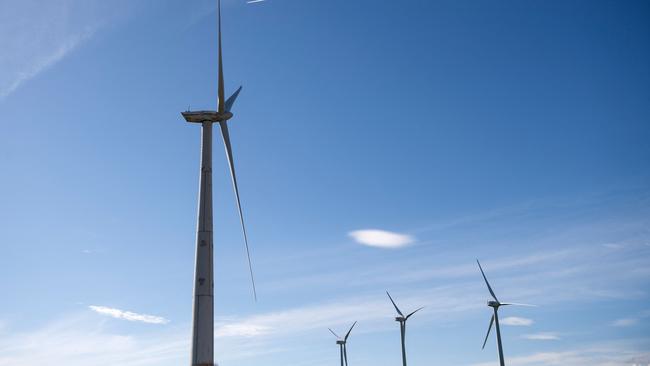
“I used to be at it a lot more,” he tells The Australian. “Every time you had to defend renewables back in the early 2000s, or even the 90s, you were facing the conventional sector. You were fiercely criticised and fiercely opposed.”
The fight would also make him an easy political target, and this had high stakes. The 61-year-old Entrecanales is the public face of one of Spain’s richest families, with a fortune estimated at more than $5.5bn.
“Now they want to work with you, they want to do as many renewables as you.”
Valued at more than $12bn on the Madrid stock exchange, Acciona today has more than 13GW of mostly wind renewable capacity around the world, including several major projects strung across Australia’s east coast. There is another 2GW scheduled to come on-stream in coming years. By comparison, Australia’s biggest generator AGL has a plan of building 12GW of renewable generation by 2035. Origin Energy has a target of 4GW installed by the end of this decade.
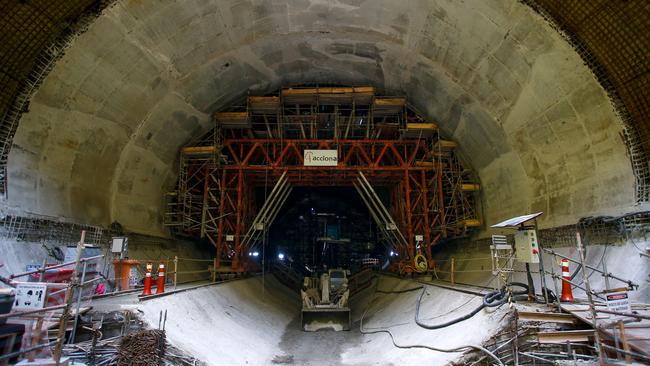
On Friday, Melbourne’s RMIT University awarded Entrecanales an honorary doctorate of business for his contribution to sustainability and innovation across engineering, energy and infrastructure.
In his speech to doctoral graduates at the RMIT’s city campus, Entrecanales mapped out a new business ethos that sought to put financial outcome on equal footing with environmental and social impacts.
A big theme for Entrecanales is regeneration, including Acciona’s own journey over the decades from a family-owned engineering firm to a fierce green corporate with operations across more than 50 countries.
It was in the mid-1990s, after a stint as a Wall Street banker, when Entrecanales recognised the potential of climate change and population growth to have a profound impact on the world.
Since then (he was appointed chair and CEO of Acciona in 2004) he has rebuilt his family’s engineering company around mitigating climate change and social infrastructure. At each step, he has taken bigger bets, including some that caused heavy losses following Spain’s euro-crisis crash. But any challenge only makes you stronger, he says.
Bigger purpose
Entrecanales told RMIT’s graduates that businesses need to have a purpose beyond accumulating wealth. In the speech, he said the transformative potential of corporations “is greater than ever”, and in some cases businesses can play a bigger role than governments to bring about change.
He asserts companies should aim for more than “net zero” aiming to neutralise their impacts. Instead, they should be seen as “dynamic innovators”, capable of finding solutions that extend beyond simply avoiding negative impacts.
“Our role is evolving to what we might define as a regenerative role,” he told the graduates.
In an interview, Entrecanales says “a very forward-looking” Australia is well along the road to its renewables journey, but there are still many details to be ironed out. Transmission and getting the permits in place now represents the biggest bottleneck and likely means that Australia will miss its 2030 targets.
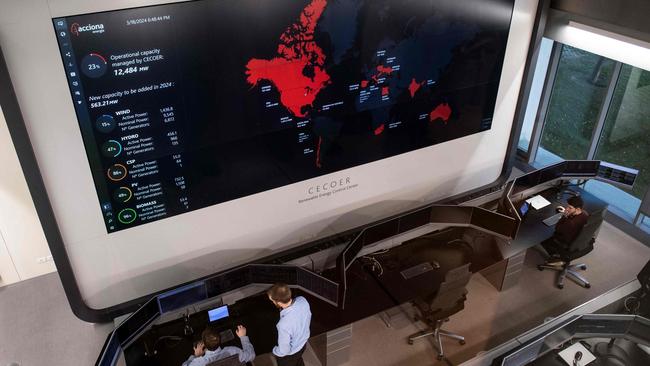
Permitting and growing resistance to building renewables, including the loud “not in my backyard” movement, isn’t just an Australian issue, Entrecanales says. He comes up against it all around the world. But this corporate ecowarrior has been fighting for a long time.
“Think about what the effects of climate change are. If you can come up with a better solution, let me know, I’ll be all over it,” he says. “We’re already at 1½ degrees such as temperature income increase, we’re probably heading for 2 or 3, the impact on the rural way of life is going to be terrible, and we need to do something about this.
“Like most things in life, it has a little cost, which is the visual impact in some areas. But it doesn’t impede wind or doesn’t impede agriculture.”
A big advantage of renewable energy infrastructure is that it is “removable” from wherever it is installed.
“We will find a better technology, but at this stage this is what we have as the best source of energy with the existing technology. And we need to decarbonise.”
Nuclear targets
Significantly, he thinks Australia won’t be able to go all the way with renewables and there will still be a need for conventional energy here. This is likely to be gas as a peaking energy solution through to 2050.
Renewable energy at best will supply somewhere in the 80s in percentage terms of the total grid. He points to Spain that has largely been able to extract itself from conventional energy with all renewables and some nuclear.
He anticipates the next question before it can be asked. Any nuclear solution for Australia needs to be thought through carefully, he says.
“To be totally honest, I think nuclear would be great. The criticism nuclear receives is (on waste) is definitely a worry, but the climate change worry is bigger.
“I do not think nuclear is competitive. And if you go to the examples, the three European examples – basically the Finnish, the French and the English power plants – in three cases the prices at which they are they will be producing electricity are just beyond the belief.
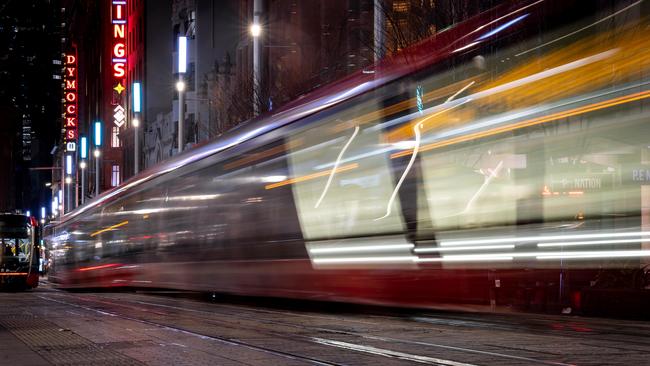
“They are a multiple of what can be achieved in any other renewable resource. Then if you add the fact that they have been under construction for 20 years. Only the Finnish one has come into the market lately, the French one is not even close. And definitely Hinkley Point in the UK is not even close.”
He says small nuclear reactors deserve examination for marginal gains in the grid, but the clock is ticking.
“If we need to get there quickly, we haven’t got the time. Renewables are here, effective and work,” he says. “And that’s my point about reversibility of renewals. If in 20 or 30 years down the line, we have a new alternative, fine. What we cannot continue doing, is this – it is irreversible.”
Regeneration
Acciona has a big presence beyond just wind turbines in Australia. Its engineering arm is building the massive transmission lines and other infrastructure linking NSW’s wind and solar projects in the state’s Renewable Energy Zone, based around Dubbo.
In Sydney, it built the massive light rail project that now cuts through the city centre. While Sydney quickly embraced its new sleek light rail, the multi-year construction was an engineering challenge with tensions flaring on all sides of the project.
At one stage, Acciona launched legal action against Transport for NSW, alleging the scope of the project had changed dramatically. The action was later withdrawn. Entrecanales says on major infrastructure builds, sometimes there are disagreements when complications arise.
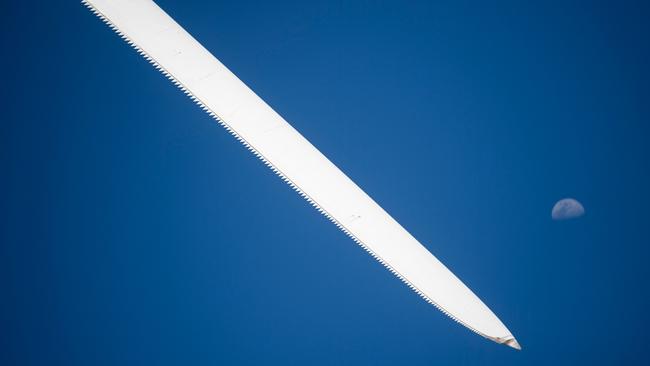
“We had differences, we managed to find common ground, and now we are on good paths,” Entrecanales says. “And we are respectful, and we hope a respected partner.”
Indeed, Acciona is now working with the same NSW agency on the Western Harbour tunnel project, as the name implies, involving tunnelling underneath the harbour to ease congestion on the Harbour Bridge. It is also working on the city’s ambitious Metro West scheme.
In Victoria, Acciona has been awarded the first leg of the politically charged Suburban Rail Loop tunnel and for several years it has been working on the state’s level crossing removal project. Entrecanales demands that each contract, whether rail, tunnelling or even energy, minimises environmental impact but maximises social impact.
When we finish the project, Acciona needs to have left an improvement on what was there before, he says.
An example is one of Brazil’s biggest infrastructure projects, a metro line Acciona is constructing in Sao Paulo. The build goes past some of the poorest parts of the city of 12 million.
“There is a lot of gender imbalance, so we have created schools for women to participate in the construction sector and as workers. And that’s been revolutionary, because it never happened before.”
In one of his engineering plants that is building the tunnelling infrastructure for the Brazilian project, some 70 per cent of the workforce are female. That, he says, is regeneration at work.
johnstone@theaustralian.
com.au
Originally published as Acciona boss José Manuel Entrecanales on nuclear energy and climate change
Read related topics:Climate Change


